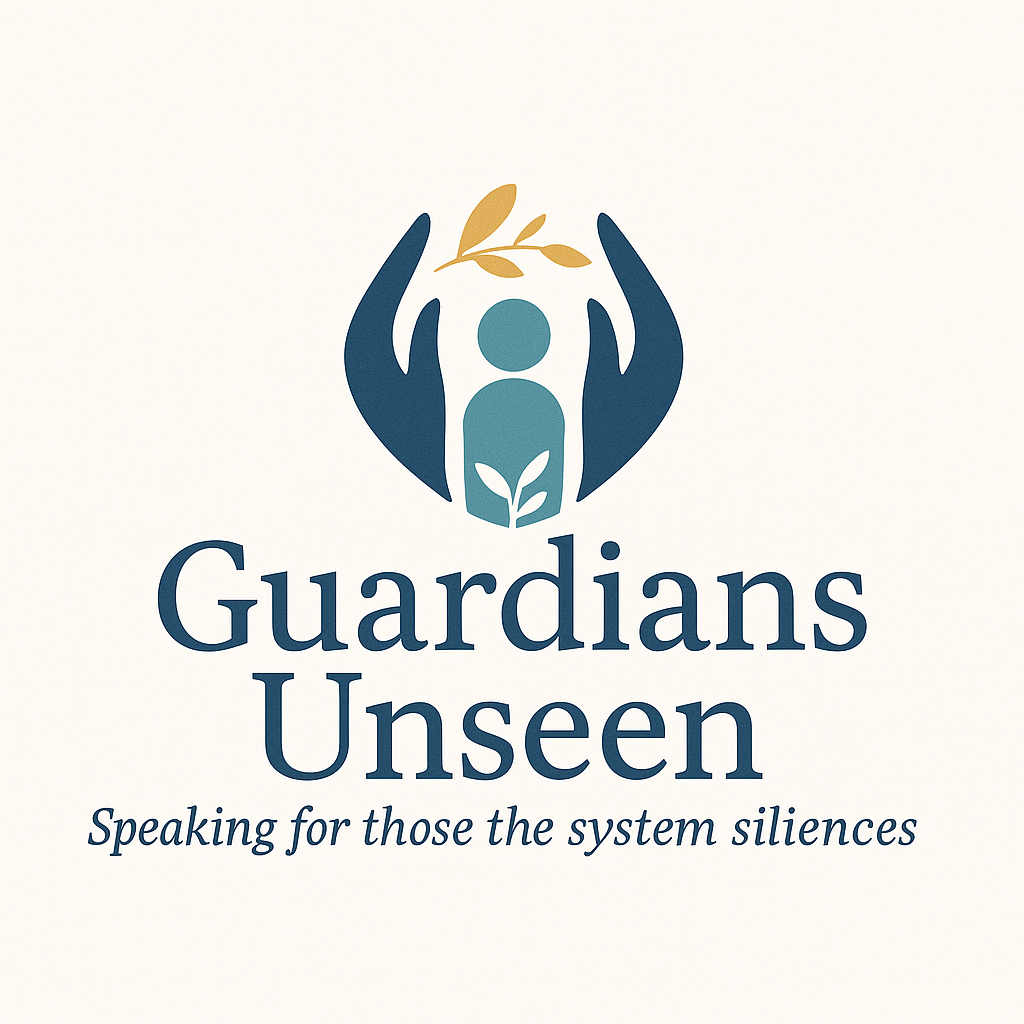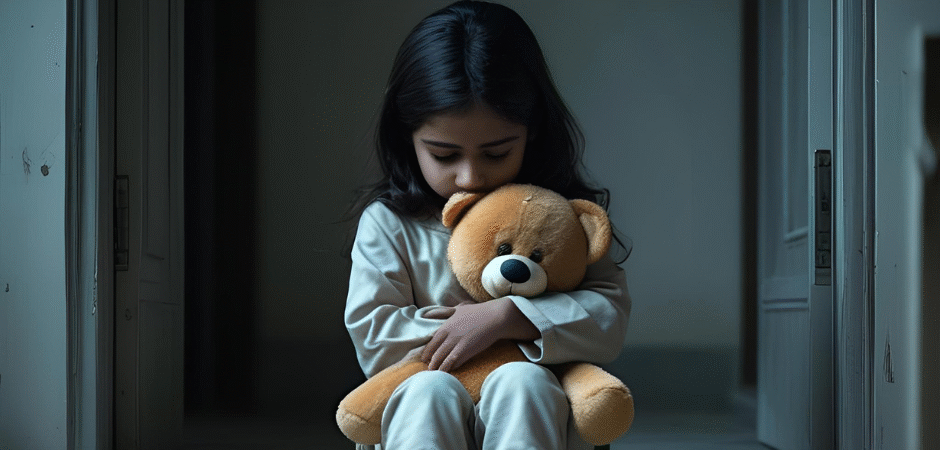In the tech world, an MVP—Minimum Viable Product—is the most basic version of something that still technically works. It’s not polished. It’s not ideal. But it’s good enough to launch.
Now imagine that mindset applied to parenting… and to children’s lives.
In family court, the system often looks for what we at Guardians Unseen call the Minimum Viable Parent—a biological parent who meets the absolute bare minimum requirements for reunification.
Not a stable home.
Not emotional availability.
Not consistency, connection, or care.
Just basic compliance.
And it’s children who pay the price.
What Is a Minimum Viable Parent?
A Minimum Viable Parent is someone who satisfies the lowest bar possible for regaining custody of a child: attending a few classes, passing a drug test, staying out of legal trouble for a short period.
But that doesn’t mean they’re safe.
Or ready.
Or emotionally present.
Courts often prioritize technical reunification over the child’s lived reality. If the boxes are checked, reunification proceeds—even if the child is terrified.
Why Compliance Isn’t Care
When the system measures success by paperwork instead of people, children become afterthoughts.
A parent may comply with a service plan but still fail to:
- Show up emotionally or physically
- Maintain basic stability
- Understand the trauma the child carries
Yet foster families, therapists, and even caseworkers are told: “Support the reunification.”
Even when every sign says it’s not in the child’s best interest.
Survivability Isn’t Safety
We wouldn’t accept a “barely working” car seat or crib as good enough for a child.
So why do we accept a barely capable parent?
The system rewards survivability—can the child stay alive here?—instead of asking:
- Will this child be safe, emotionally and physically?
- Will they be seen, supported, and protected?
Centering the Child, Not the Checklist
We ask children to adapt, to bounce back, to be resilient.
But we don’t ask the same of the adults who failed them.
Reunification isn’t inherently bad—it’s beautiful when it’s safe and earned.
But when it’s forced, rushed, or rubber-stamped to clear a docket, it becomes another trauma.
Children deserve more than minimums. They deserve to be centered.
What Needs to Change
- Raise the standard for reunification from “barely functioning” to actually stable
- Incorporate child preference, therapist input, and lived experience
- Train and empower judges and GALs to center safety over checklists
- Hold agencies accountable when outcomes cause harm
Let’s Raise the Standard
📢 We’re fighting to raise the standard for our most vulnerable children.
Join the movement:
✔️ Share this post
✔️ Follow @GuardiansUnseen
✔️ Visit guardiansunseen.org to learn more and get involved.

